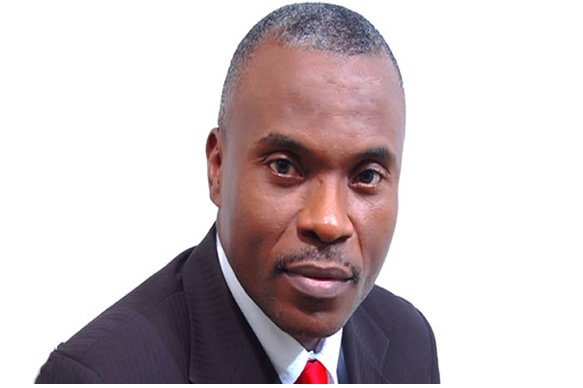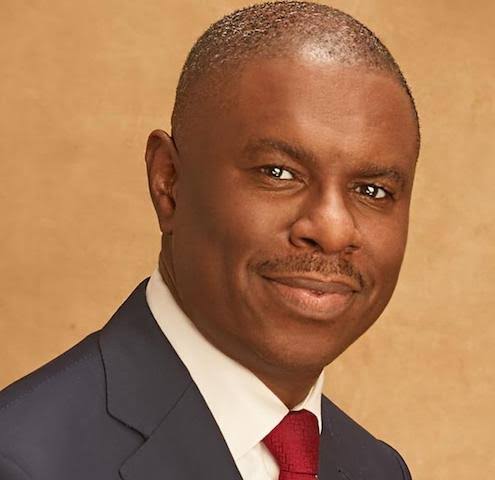REUBEN ABATI FROM THISDAY
The best way to describe what has happened to Nigeria in the last 72 hours, beginning with the country’s first set of general elections on Saturday, February 25, 2023, is to echo Charles Dickens’ poetic, oxymoronic declaration in his novel “A Tale of Two Cities” (1859) on the radical opposites between Paris and London in the 19th Century, that indeed Nigeria now finds itself in truly interesting times, where the best and the worst are on display. Dickens’s novel is one of the best novels ever written.
He told the world famously that : “It was the best of times, it was the worst of times, it was the age of foolishness, it was the epoch of incredulity, it was the season of Light, it was the season of Darkness, it was the spring of hope, it was the winter of despair, we had everything before us, we had nothing before us, we were all going direct to Heaven, we were all going direct the other way – in short the period was so far like the present period, that some of its noisiest authorities insisted on its being received, for good or for evil, in the superlative degree of comparison only” At the time Charles Dickens wrote A Tale of Two Cities, this was in the context and season of the French Revolution. Nigeria did not come into being until 1914, when the consort of a colonial Governor-General, Flora Shaw and her man, the fascist Lord Lugard willed and named Nigeria into being, with the dubious imprimatur of the British panjandrum. But the concept of radical opposites of values, expectations and realities, established in Dickens’s classic, in line with the other classical polarities portrayed in world literatures from Nietzsche, Thomas Mann to Wole Soyinka and after, in more contemporary times tell simply the story of the given duality of human becoming. And so, it has been with Nigeria’s current electoral process in this first stage. Why has this been the best of times and why at the same time, the worst?
Best of times: Nigeria’s elections 2023, would be the first time since 2011 that the elections have not been postponed. In other election cycles, previous administrations before now always found an excuse to shift the “goal-post” as Nigerians are wont to say. But this time around, the Independent National Electoral Commission (INEC) promised that it would stay within the same time-frame that it announced in line with Constitutional provisions. Even when the INEC came under immense pressure from political parties and other stakeholders with regard to other emergent factors over which it had no control, such as the national currency redesign policy which robbed most Nigerians of access to cash during an election season, and nationwide fuel scarcity which made transportation across the country difficult, the electoral body remained focused on its schedule. One factor that played strongly in its favour was the support of the incumbent President, Muhammadu Buhari who repeatedly told Nigerians that he was committed to a smooth transition of power and that he was looking forward to a due exit from power.
He also promised to provide the electoral body and the security agencies all the necessary wherewithal to make the election possible. Buhari, a former military Head of State (1983 – 1985) ran for the Presidential office in 2003, 2007, 2011, and won the fourth time in 2015. He was re-elected in 2019. Nigeria’s 1999 Constitution prescribes only a limit of two terms, that is – a maximum of eight years for an elected President. In Africa, the Constitution means nothing to sitting Presidents, the rule of law is seen as an imposition, access to power is regarded as a birthright. By choosing to toe the path of the likes of Nelson Mandela, Thabo Mbeki, Goodluck Jonathan, Ellen Johnson-Sirleaf, John Mahama, Ernest Bai Koroma, Joyce Banda – African leaders who respected the Constitution and moved when it was time to do so, as contrasted with the likes of the old men in Equatorial Guinea Teodoro Obiang Mbasogo, 80), and Cameroon (Paul Biya, 90) who seem to be following in the footsteps of Hastings Kamuzu Banda of Malawi, Togo’s Gnassingbe Eyadema, and Zimbabwe’s Robert Mugabe. African leaders see themselves as monarchs who must die in office. Whatever may have been his failings, Nigeria’s Muhammadu Buhari as of this moment has not shown any sign of any clumsy attempt to cling to power by foul means. It is almost a widely accepted fact in Nigeria that the President is on his way out, and that all permutations to the contrary are odious. When he leaves eventually on May 29, 2023, it would be said of him that he is a good student of history, learning to avoid the example of certain other African leaders who failed before him, rather choosing the path of honour.


